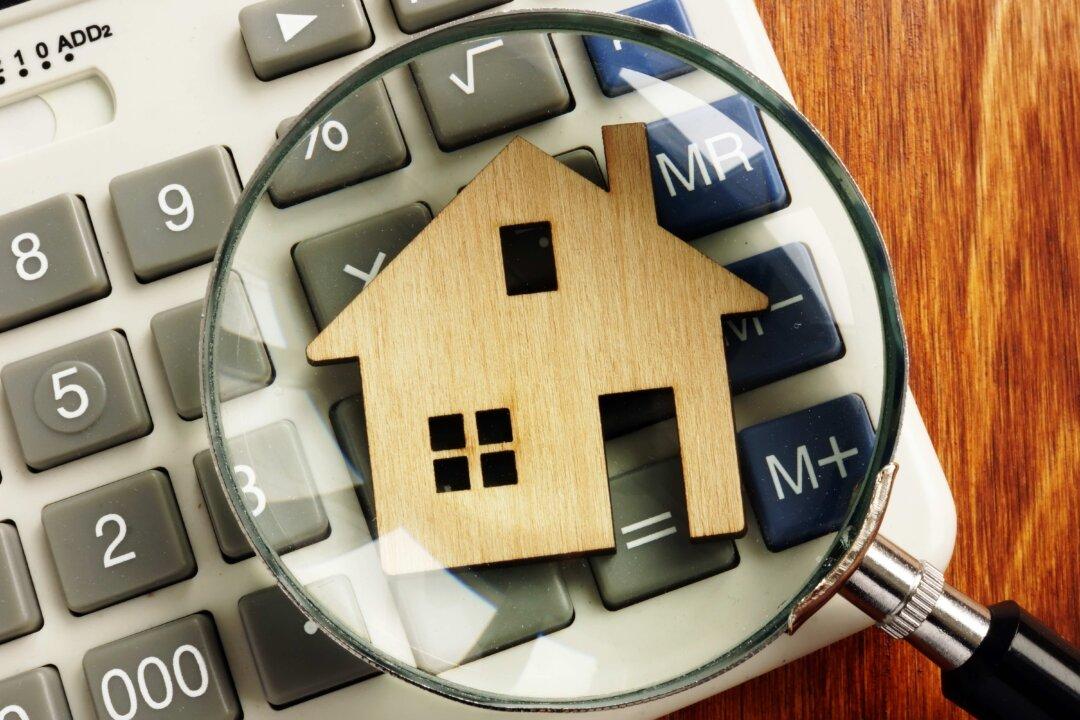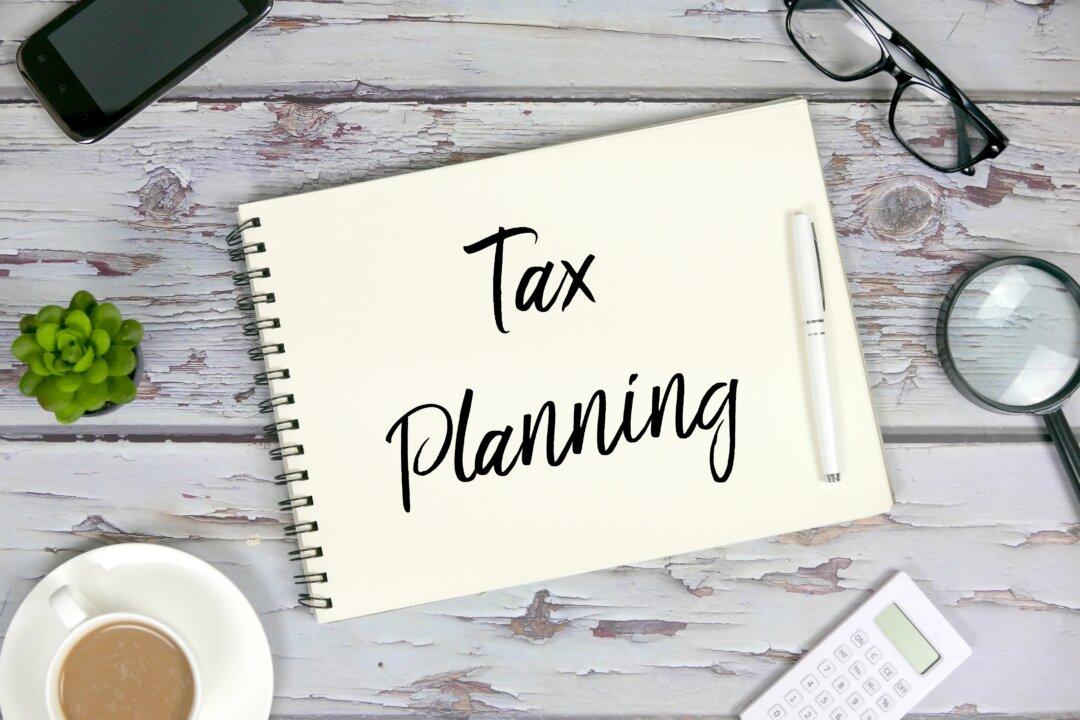If you’ve diligently reduced your mortgage balance or if your home’s value has appreciated over time, it’s likely that you’ve built up some equity.
If you are wondering how to calculate home equity, or how much equity you have in your house, or even what is equity on a house, then below we offer some answers.
Knowing how to calculate your home equity can help you determine how to use it toward your financial goals, such as making home improvements, paying for a college education, or paying off high-interest debt.
According to Forbes, home prices are showing no signs of slowing down anytime soon. And despite the elevated home prices, the property market remains as competitive as ever.
This means that now is the best time to calculate home equity and leverage it to your advantage.
What Is Equity on a House?
Equity on a house, often referred to as mortgage equity, represents the difference between the estimated home value and how much you owe the lender on your home loan.
Equity is typically built up over time as you decrease your mortgage with repayments and as the market value of the property goes up. It’s a key financial indicator for homeowners, allowing them to gauge the ownership stake they hold in their property.
Understanding estimated equity meaning and how to calculate equity is vital for making informed financial decisions.





